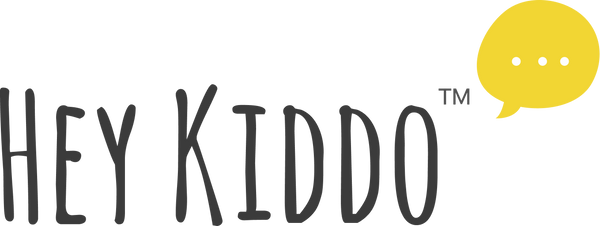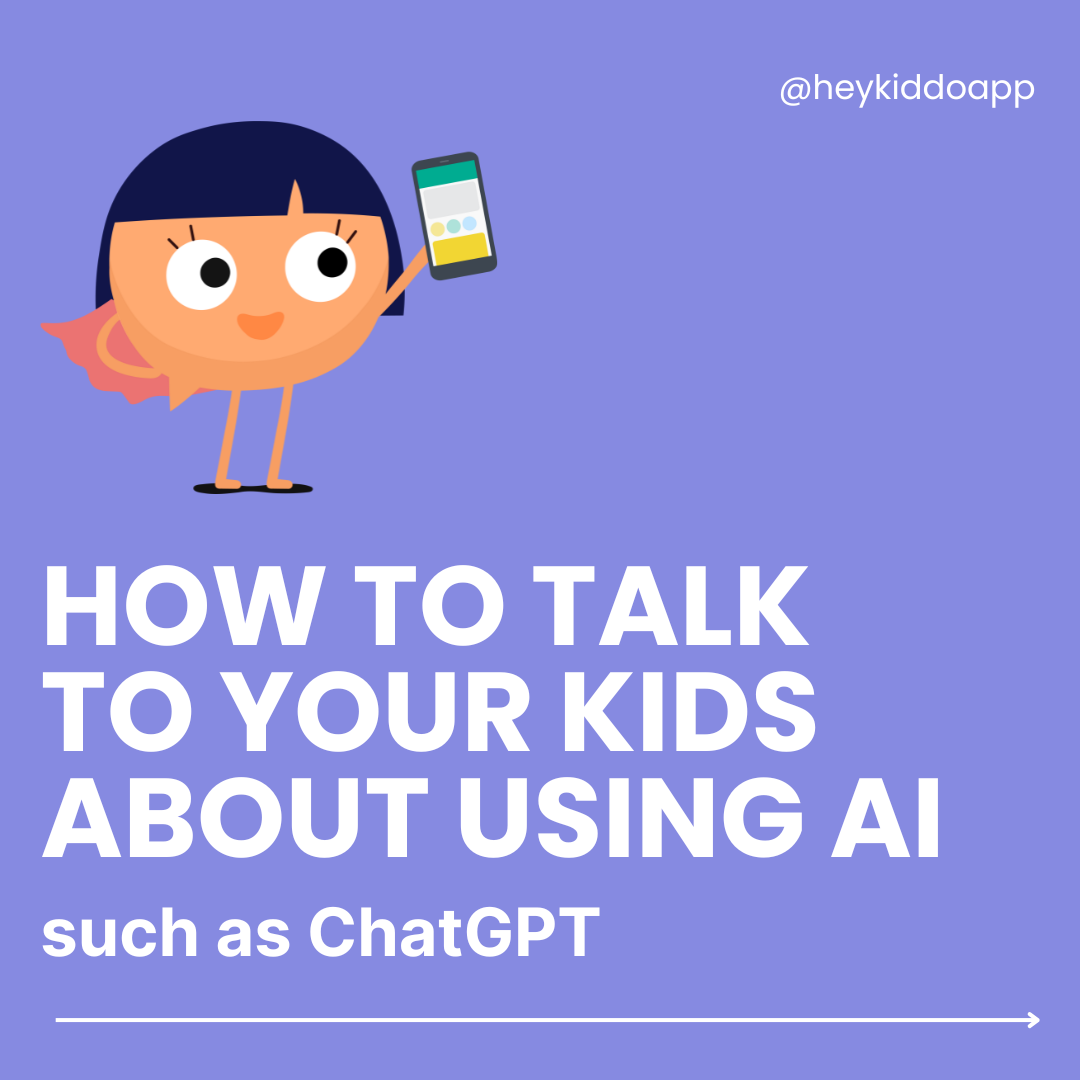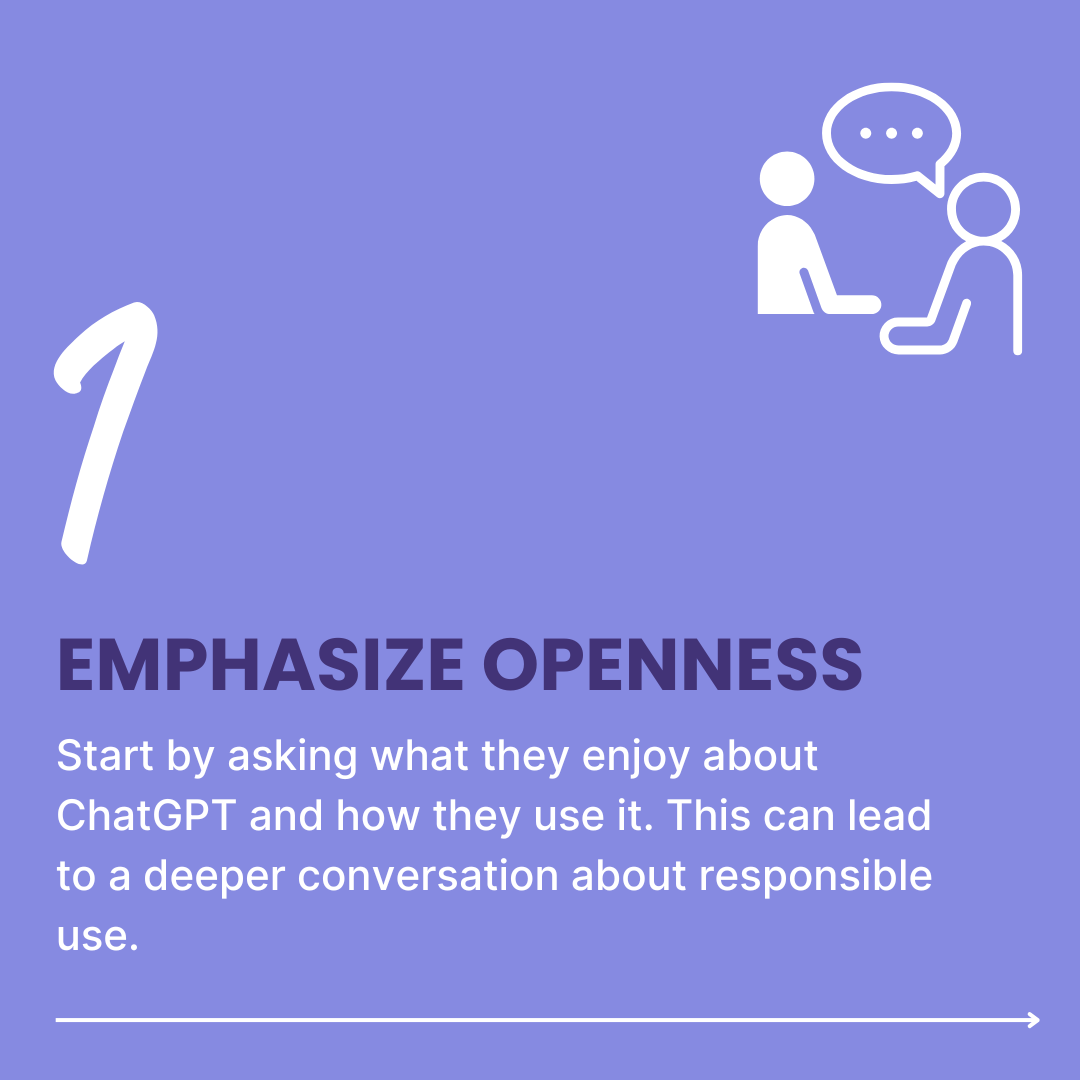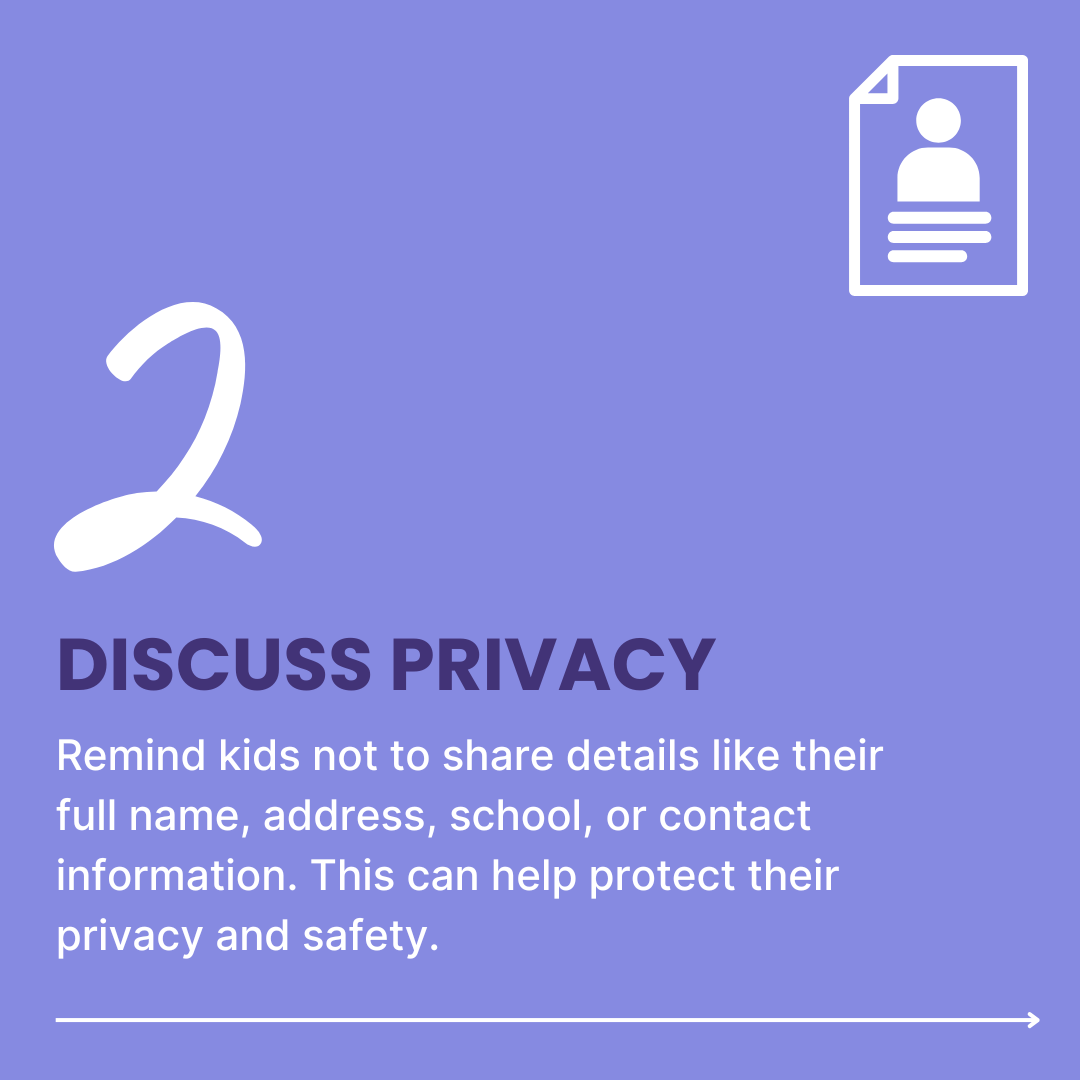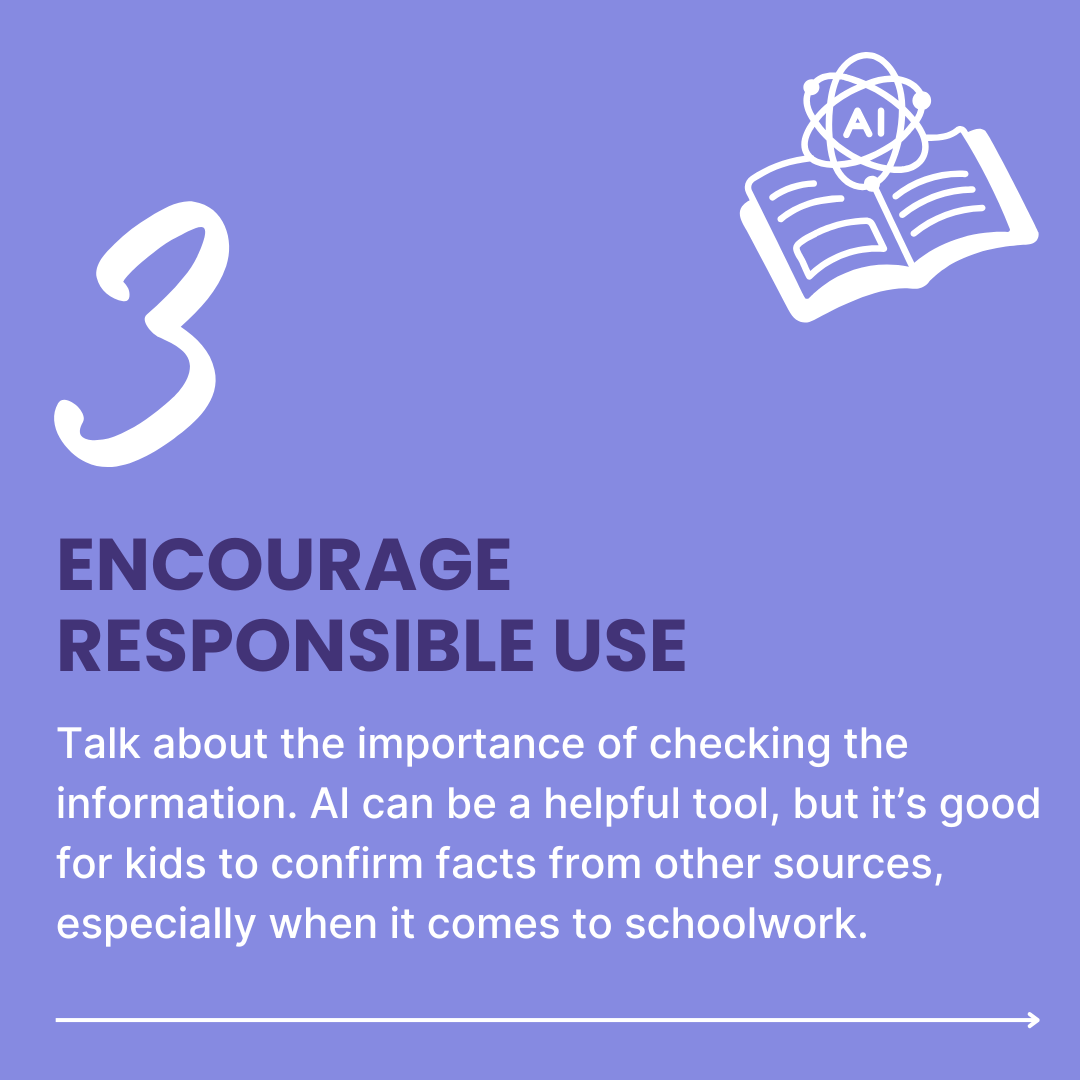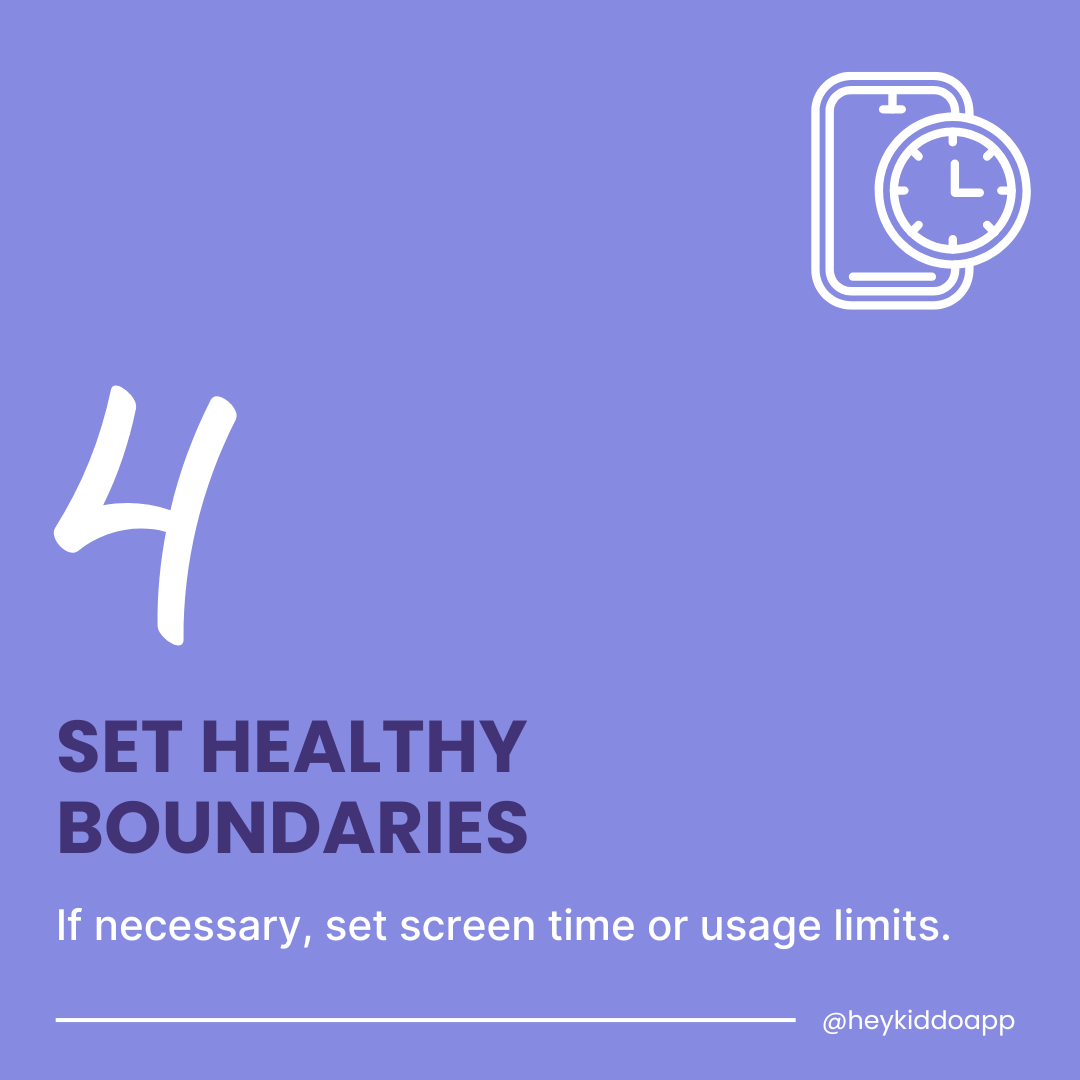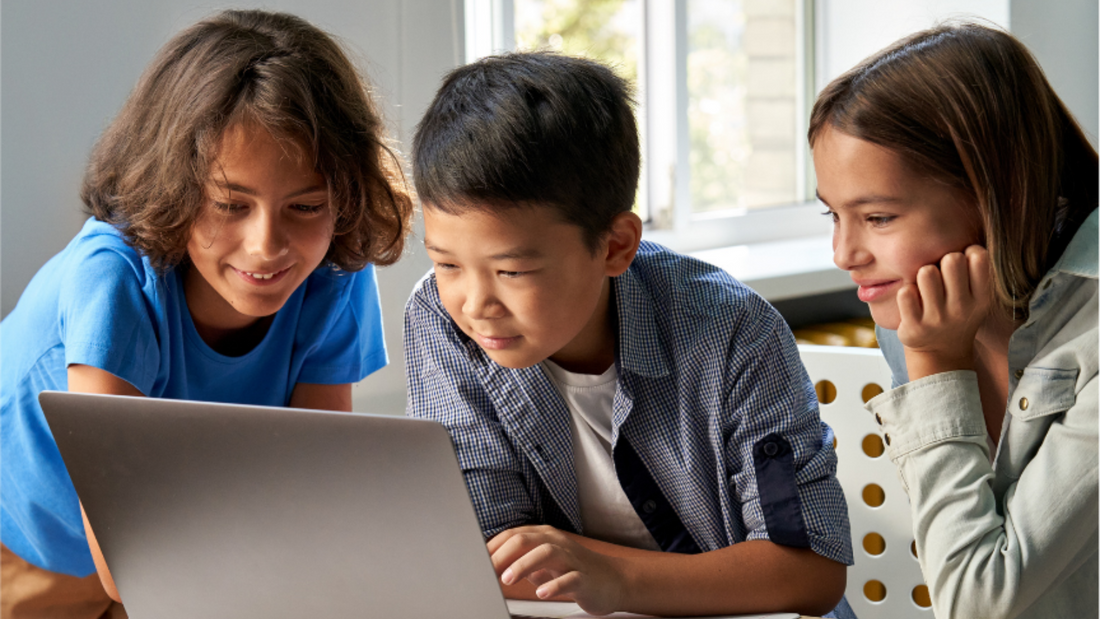
ChatGPT and Kids: A Parent's Essential Guide
Share
ChatGPT is a favorite app among tweens and teens in the U.S. According to KidSay, it is now the fifth most popular app for kids ages 8 to 15. It also ranks second, only to YouTube, for 12-15 year old boys.
Kids use ChatGPT for many reasons. About 34% use it to find answers for fun, 29% use it to create images, 22% turn to it for help with homework, and 13% use it to make videos.
As AI apps like ChatGPT grow in popularity, parents can help guide their children’s use. Here’s what you need to know about ChatGPT and how to approach conversations with your kids about its use.
What parents should know about ChatGPT
ChatGPT and other AI-powered apps are designed to deliver creative content and promote learning and entertainment. They can be valuable educational tools, but it’s important to understand how to use them thoughtfully and safely.
- Potential for learning: ChatGPT can help kids learn! Kids can ask it to clarify homework or help with brainstorming, fostering curiosity and love of learning.
- Creative exploration: Many kids enjoy using ChatGPT as a creative tool for expression! They can prompt it to generate stories or images, supporting creativity and imagination.
- Responsible use: ChatGPT can sometimes provide false information. Kids may not be able to spot its errors, so encourage researching, critical thinking, and avoiding sensitive topics.
- Privacy and data security: ChatGPT collects data. Kids may share personal information with it, so discuss data privacy – what’s safe to share and what isn’t to protect them.
ChatGPT's age requirements
OpenAI’s Terms of Use say that users must be 13 or older to use ChatGPT. For users under 18, parental permission is required. As a parent, it’s important to be mindful of kids’ potential exposure to inappropriate content for their age.
How to talk to your kids about using AI apps like ChatGPT
Talking about the pros and cons of AI apps can help kids approach these tools more responsibly. Here are some talking tips:
- Be curious about usage: Ask your child, “What do you enjoy about ChatGPT?” and “How do you like to use ChatGPT?” to understand what draws them to use this tool.
- Discuss privacy and data security: Explain what data privacy means by saying something like, "Data privacy is how personal details about you are handled and used. When you use ChatGPT and other apps, don’t share your name, address, school, number, or any other private things to protect yourself."
- Encourage responsible use: Model how to check and confirm facts. You could ask them, “Have you checked if this information is true?” or “How about we look into this topic more together?”
- Set healthy boundaries: Notice how often your child is using the tool and co-create screen time limits if needed. Bring up your observations by saying things like, “I’ve noticed you have been using ChatGPT more lately…”
Keep parent-child communication open
Kids pick up new tech quickly. They often learn about apps before parents do. Keeping an open line of communication encourages them to share what they’re doing with AI and helps you stay in the loop.
This can also build trust and make them feel comfortable coming to you for guidance. By exploring these tools together, you can help your child make smart, safe choices that support their learning and creativity!
An AI benefit to parents
At HeyKiddo, we understand that AI can be a valuable support tool. That’s why we built our chatbot, Mae, to be a reliable resource for parents. Mae is designed to answer all kinds of parenting questions, using expert-created content that you can trust.
We also prioritize digital literacy and security, so Mae was developed with these in mind to keep your information private. You can try Mae anytime in the HeyKiddo App for on-the-go parenting support!





